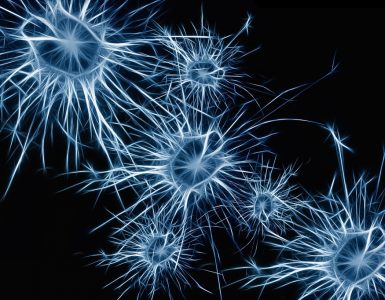The Indiana University team observed the patients who reported facing memory issues and found that they had suffered during the recent months or years. The people under observation performed well on the memory and cognitive function tests and were codenamed as the individuals suffering from “subjective cognitive decline.”For the study, the authors conducting this study had to review the data of almost 600 ADNI candidates and differentiated them with the gene, APOE e4, different from those with other types of gene. The scientists concluded that a deteriorated level of protein precursor deposit of plaques in the cerebral fluid. This directly indicates that the protein was being used in the brain as a part of the plaque forming process. The increase in the levels of another protein in the cerebrospinal fluid was also associated with Alzheimer’s.
Dr. Risacher, one of the lead authors of the study thinks that there is ample room for further research amongst patients who are at a high risk of Alzheimer’s disease. As a matter of fact, many industries and organizations are already working on finding new treatments and cure for Alzheimer’s disease. The philanthropist and co-founder of Microsoft, Paul Allen, has devoted millions of dollars towards helping the researchers unlock the mysteries of the brain and has now donated $7 million to five research teams who are currently working to combat the neurodegenerative disease. These new funds will greatly help them unravel more about the brain and the disease.





















